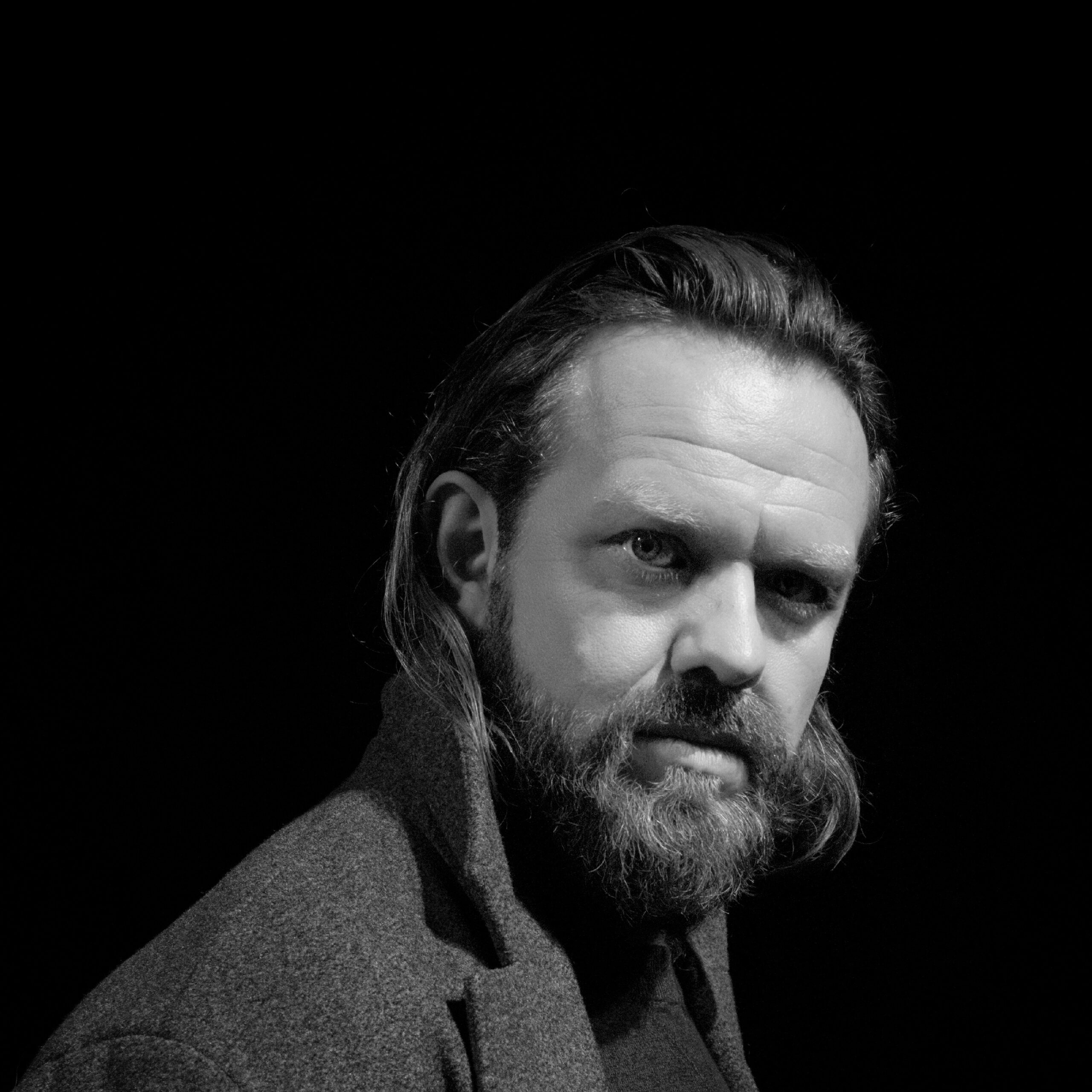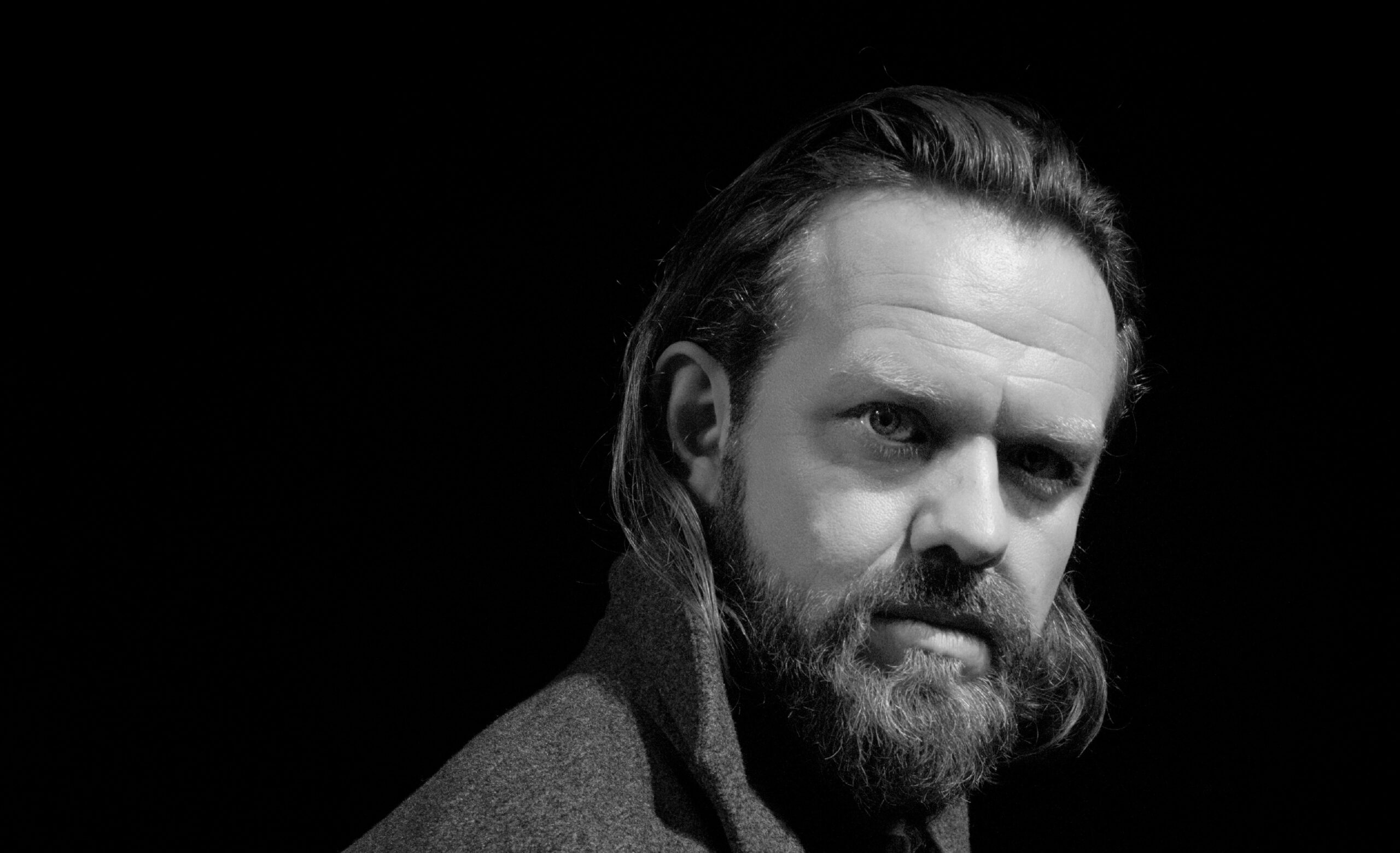



Our Irish Baritone Rory Musgrave recently played the role of Gianni Schicchi in Puccini’s masterpiece “Gianni Schicchi” at Wexford Festival Opera.. All the dates were sold out!
Read the review from the Irish Independent written by Katy Hayes
Mischievous knockabout opera set in Wexford’s Italian community is a riot of fun
This promenade production of a Giacomo Puccini one-act comedy is a riot of fun. The Wexford Factory, the talent development wing of Wexford Festival Opera, led workshops with locals over the year to prepare; this mischievous knockabout opera is an excellent result, as it benefits significantly from the extra numbers of grasping relatives.
The original libretto by Giovacchino Forzano is inspired by an incident in Dante’s Divine Comedy; here it is updated by Timothy Knapman, set amongst the Wexford Italian community. Buoso, the family patriarch, has just died and the extended cousins and nephews are all expecting to be left some of his vast fortune.
But when they find the will, it turns out he’s left everything to the church. Well, they can’t be having that. So they get a local newcomer, Gianni Schicchi, to impersonate Buoso and create a new will. A youth of the family, Rinuccio, is in love with Schicchi’s daughter, Lauretta.
The show is mounted in the Grain Store, a very lovely old building near the Wexford quays. We traipsed from one room to another, both downstairs and upstairs, herded delightfully by Peter McCamley as the narrator.
Gianni Schicchi contains the popular romantic aria O Mia Babbino Caro, sweetly delivered the evening I attended by Federica Raja (the role alternates with Ami Hewitt). Rory Musgrave is full of bombastic mischief as Gianni Schicchi. And Conor Prendiville is a perfect romantic male lead as Rinuccio.
But the star of the show is the skittish localised libretto by Knapman. Buoso’s property includes such glories as a pub in Bunclody, apartments in Dublin and units in Rosslare and Tullamore. One character, a loser, had the distinction of being a former mayor of Kilkenny.
Three musicians play Puccini’s score live, excellently delivered under Luca Capoferri’s musical direction. This is a great opera starter-drug, capturing the fun to be had in the comic operas, with their twisty narratives and wonderful collections of reprobates. First produced as part of a triptych in 1918 at the Metropolitan in New York, it wears the century well. Wills and grasping relatives never go out of date.